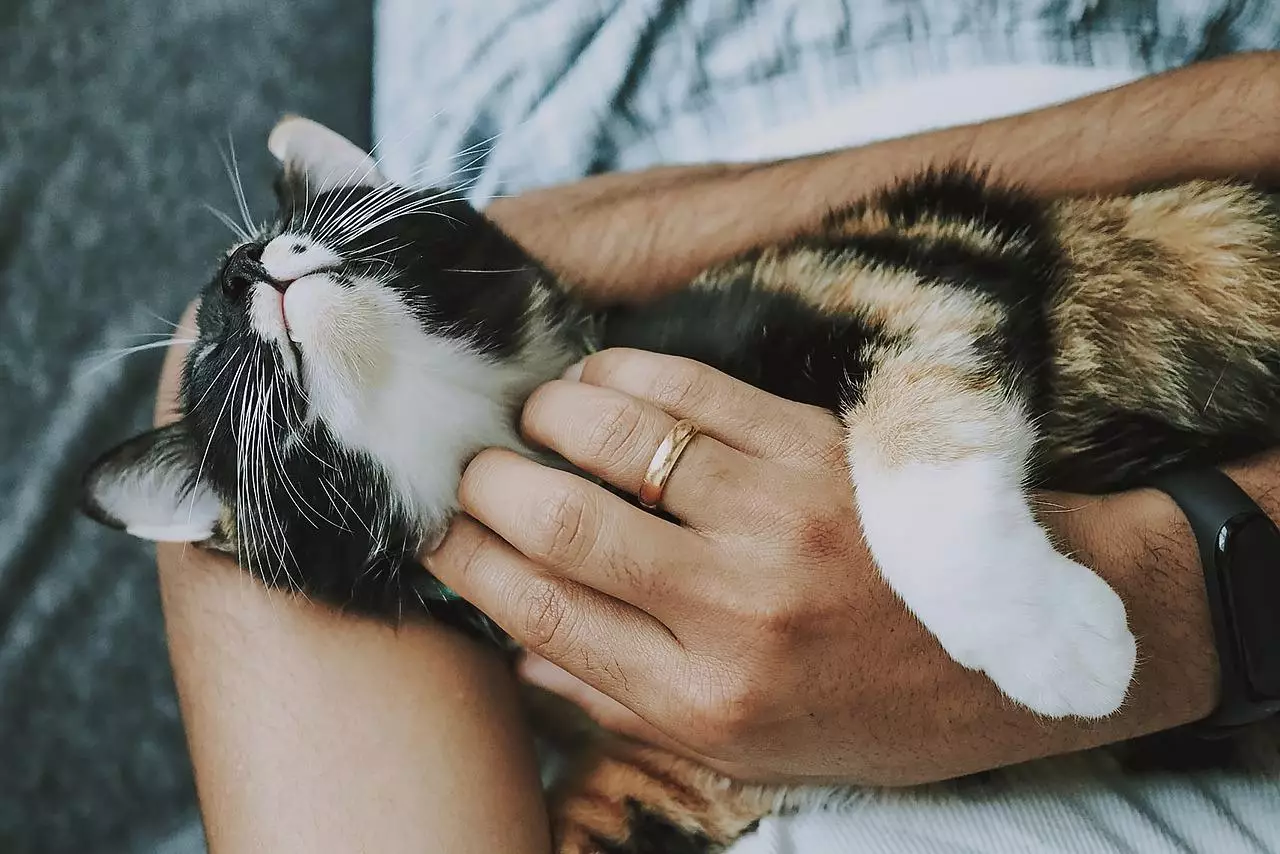In an era dominated by technology and disconnection, the issue of social anxiety and isolation has become alarmingly prominent. The COVID-19 pandemic served as a cruel catalyst, especially for teenagers, magnifying the burdens of remote learning and severed connections with friends. The psychological toll of this period has left young people—and adults—struggling with feelings of isolation that were previously unrecognized or easily managed. Social anxiety, which is often rooted in adolescence, has now emerged as a profound concern affecting various demographics. This growing crisis calls for innovative strategies to manage mental health, and one whimsical yet practical solution might just be found in the company of our feline friends.
The Therapeutic Power of Pets
While many may view pets as mere companions, it is essential to underscore the significant psychological benefits they provide, particularly cats. The simple act of petting a cat can instigate the release of mood-enhancing hormones like serotonin, dopamine, and oxytocin. These chemicals are not just a biochemical response; they help forge a comforting environment where individuals can find solace amid the chaos that contributes to anxiety. The calming nature of a cat’s purr can transform an anxious atmosphere into a haven of tranquility.
Support for this perspective is robust. A 2023 poll conducted by the American Psychiatric Association revealed that a staggering 86% of respondents believed their cats had positively influenced their mental health. This insight highlights a fundamental truth: the presence of a cat can provide not just companionship, but a genuine emotional buffer against the stresses of daily life.
Scientific Evidence: Cats Versus Anxiety
Numerous studies provide empirical backing to the notion that cats offer substantial mental health benefits. Research from Washington State University found that interventions like “Pet Your Stress Away” events, which incorporate both cats and dogs, can dramatically enhance emotional well-being. Interestingly, cats seemed particularly effective for individuals with heightened emotional sensitivity—a demographic often more vulnerable to anxiety’s grip.
Furthermore, investigations by the Human Animal Bond Research Institute (HABRI) illustrated that 76% of pet owners experienced improved personal health attributed to their relationships with pets. This relationship is particularly poignant given the recent rise in pet ownership throughout the pandemic, as people sought solace in the steadiness of animal companionship during tumultuous times.
The Mixed Bag of Pet Ownership
While the benefits of cat ownership are compelling, it is essential to acknowledge the complexities inherent in pet companionship. A systematic review published in BMC Psychiatry pointed out that while pets can mitigate feelings of loneliness and provide emotional support, the relationship is not without challenges. The loss of a pet can provoke intense grief, unraveling some of the emotional stability that the animal initially provided.
A comprehensive study conducted by universities in Manchester, Southampton, and Liverpool examined 17 related studies and concluded that pets indeed help manage long-term mental health challenges. However, the findings were nuanced, indicating both the positive aspects of pet companionship and the emotional tolls that can arise when experiences with animals shift dramatically, such as through illness or loss.
The Comfort of a Cat’s Presence
Ultimately, the emotional landscape shaped by our feline companions is rich and multifaceted. There’s something inherently soothing about a cat snuggling into your lap, eliciting a gentle purr that resonates with those seeking comfort. The simple, yet profound gesture of a slow blink from a cat can communicate trust and affection, enhancing the bond between human and pet. It is these moments of connection that can help lower stress levels and mitigate the symptoms of anxiety.
For anyone grappling with feelings of loneliness or anxiety, it may be worth considering the addition of a feline friend to the household. Cats not only add joy to life through their playful antics but can also serve as a calming influence, helping to navigate the stormy seas of mental health challenges.
Whether you are a lifelong cat lover or contemplating welcoming one into your life, it’s clear that the bond between humans and cats can be a powerful source of emotional support during tough times.


Leave a Reply